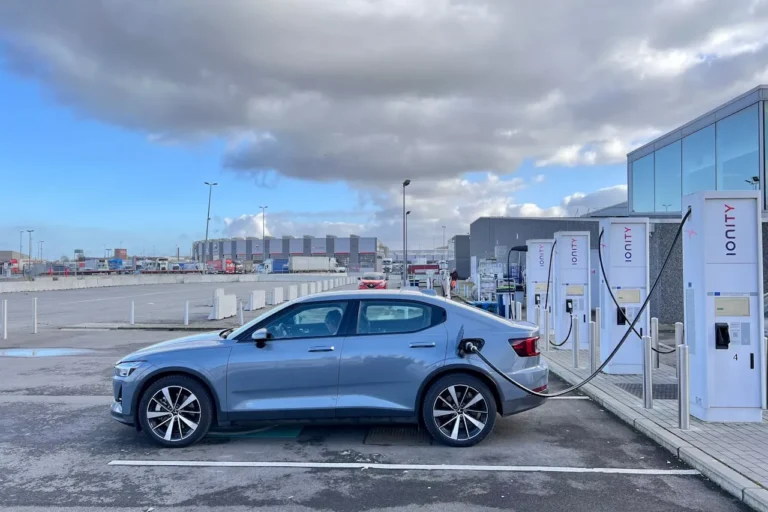
Clean Energy Fuels Corp. (NASDAQ: CLNE), the leading provider of the cleanest fuel for the transportation market, has announced the opening of a new renewable natural gas (RNG) fueling station in Davenport, Florida. This station now supplies RNG to heavy-duty trucking and other fleets operating busy routes around Highway 27, I4, and the Florida Turnpike area. RNG, made entirely from organic waste, significantly reduces carbon emissions by an average of 300% compared to diesel.
The opening of this station coincides with the introduction of Cummins’ X15N natural gas engine, a breakthrough for heavy-duty trucking fleets aiming to transition to ultra-clean fuel without sacrificing performance. The new engine has been tested by leading fleets like Walmart, Knight Swift, UPS, and Amazon, earning high praise for its power, torque, fuel economy, and significant reduction in greenhouse gas (GHG) emissions.
“Clean Energy has seen strong demand for RNG fuel from both new and existing customers. The Davenport station is ideally located to supply clean fuel to the many fleets operating in central Florida,” said Chad Lindholm, senior vice president of Clean Energy. “Investments by Clean Energy and others in RNG production will ensure a steady flow of RNG fuel to this station and hundreds of others in our network across the country.”
Situated on 3.7 acres at 2450 Access Road, Northwest Davenport, FL 33897, the new station features five fast-fill dispensers for quick fueling and 98 time-fill fueling hoses. Clean Energy currently operates a network of over 600 fueling stations in North America and continues to expand with strategically located stations for heavy-duty truck fleets.
Clean Energy is also heavily investing in RNG production at dairy farms. According to the U.S. Environmental Protection Agency, agriculture accounts for nearly 10% of U.S. GHG emissions, while the transportation sector accounts for another 28%. Capturing methane from farm waste reduces these emissions, and using RNG as a transportation fuel further lowers GHG emissions on a lifecycle basis compared to diesel. RNG is one of the only transportation fuels to receive a negative carbon-intensity score due to emission reductions at both the source and vehicle levels.







